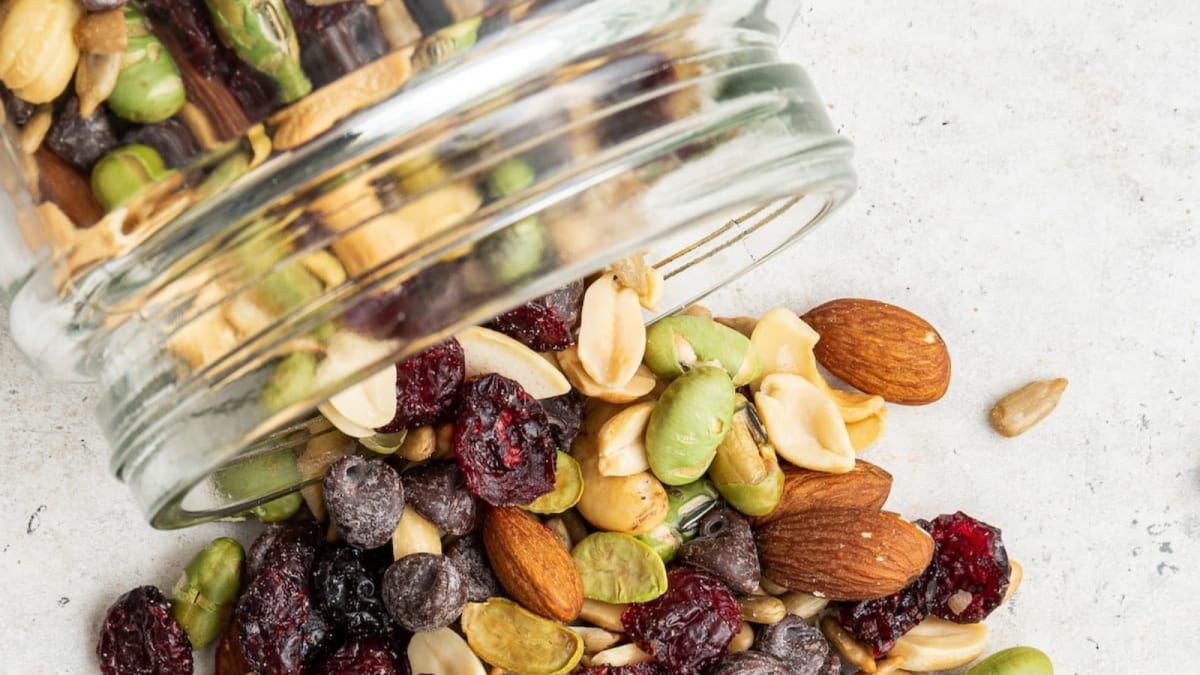Last Updated:
Bone health is about creating a nutrient-rich environment that supports both bone density and resilience

While calcium is vital, bone health is far more complex it’s a dynamic process involving multiple nutrients that work in synergy. A deficiency in even one can compromise bone density and increase fracture risk
We often see patients who believe strong bones are simply a matter of getting enough calcium. While calcium is vital, bone health is far more complex it’s a dynamic process involving multiple nutrients that work in synergy. A deficiency in even one can compromise bone density and increase fracture risk. Dr. Avinash Date, Consultant, Orthopaedic Surgeon, Kokilaben Dirubhai Ambani Hospital, Mumbai explains what your bones truly need beyond calcium:
Vitamin D – The Calcium Gatekeeper
Recommended Stories
Without adequate vitamin D, your body can’t absorb calcium efficiently. Low vitamin D levels are a common reason we see patients with osteopenia or osteoporosis, despite adequate calcium intake. Sunlight, fatty fish, and fortified foods are the best sources, but supplementation is often required in deficient individuals.
Magnesium – The Bone Mineralizer
Magnesium helps convert vitamin D into its active form and facilitates calcium’s integration into bone. Low magnesium can lead to weak bone structure and muscle cramps, which may predispose to falls. Include nuts, seeds, legumes, and leafy greens in your diet.
Vitamin K – The Bone Binder
Especially vitamin K2, which directs calcium into bones rather than arteries, reducing the risk of calcification in blood vessels. Sources include fermented foods, egg yolks, and cheese.
Phosphorus – The Structural Partner
Phosphorus combines with calcium to form hydroxyapatite, the mineral matrix that gives bone its hardness. It’s abundant in dairy, fish, meat, and legumes.
Zinc – The Repair Agent
Zinc supports bone-building osteoblasts and reduces bone breakdown by osteoclasts. Zinc-rich foods like seafood, meat, seeds, and nuts are key to maintaining bone turnover balance.
Potassium – The Acid Neutralizer
High acid levels from certain diets can leach calcium from bones. Potassium buffers this effect, supporting bone preservation. Found in bananas, potatoes, leafy greens, and beans.
Vitamin C – The Collagen Builder
Bone is not just mineral it’s reinforced with a collagen framework that gives it flexibility. Vitamin C is essential for collagen synthesis and fracture healing. Citrus fruits, berries, and peppers are rich sources.
Boron & Silicon – The Silent Supporters
These trace minerals aid in the metabolism and retention of other bone-building nutrients. Found in fruits, vegetables, and whole grains, they often go unnoticed but play a significant role.
Protein – The Foundation of Bone Strength
Adequate protein helps form the collagen matrix. Orthopedically, we see better surgical recovery and fracture healing in patients with sufficient protein intake from dairy, fish, lean meats, or legumes.
Bone health is about creating a nutrient-rich environment that supports both bone density and resilience. This means a balanced diet that includes not just calcium, but a variety of vitamins, minerals, and protein along with weight-bearing exercises and adequate sunlight. Think of it as building a house: calcium is the bricks, but the rest of these nutrients are the cement, steel, and finishing touches that make your skeleton strong for life.
About the Author

Swati Chaturvedi, a seasoned media and journalism aficionado with over 10 years of expertise, is not just a storyteller; she’s a weaver of wit and wisdom in the digital landscape. As a key figure in News18 Engl…Read More
Swati Chaturvedi, a seasoned media and journalism aficionado with over 10 years of expertise, is not just a storyteller; she’s a weaver of wit and wisdom in the digital landscape. As a key figure in News18 Engl… Read More
view comments
Go to Source
Author: News18




)